Paddy Power and Betfred were accused of trying to circumvent new rules on fixed-odds betting terminals.
Get Started for FREE
Sign up with Facebook Sign up with X
I don't have a Facebook or a X account

 Your new post is loading... Your new post is loading...
 Your new post is loading... Your new post is loading...
Campaigners want the minimum smoking age raised, but are there other ways to stop young people smoking?
Graham Watson's insight:
We've been looking at this very issue, in relation to demerit goods, in my Division microeconomics classes. So I hope that my students can draw the requisite diagram, explain how age restrictions might reduce the associated market failure and then evaluate the effectiveness of the measure, and the alternatives highlighted.
A bread-and-butter piece analysing how the market failures of demerit goods might be corrected. 
Ariél Victoria Kempa's curator insight,
March 30, 2019 12:25 PM
There has been a serious decrease in teenage smokers to the point where people genuinely believed that Gen Z would drop the smoking rate to near 0%. With the invention and intense use of e-cigarettes how does the new generation fair in the way of nicotine addiction?
UK’s superbug tsar Lord Jim O’Neill compares idea to way banks were taken over after 2008 financial crash
Graham Watson's insight:
Is this a classic example of market failure?
Certainly Lord Jim O'Neill, if he can drag himself away from Old Trafford, thinks so. He argues that the current market, dominated by a decline in investment in new antibiotics, is failing consumers and calls for a radical approach: nationalised drug companies.
It's a fascinating conjecture, coming from someone who has spent most of his professional career as an outspoken fan of the power of the free market. However, the article also hints at other potential solutions to the lack of antibiotics being developed.
Brands risk being delisted if they ignore green concerns, according to survey of over 80 global chains
Graham Watson's insight:
It appears that, contrary to popular perception, the fashion industry is increasingly concerned about sustainability...
Each year, livestock produces billions of tonnes of excrement. It’s starting to poison the natural world. So what is to be dung?
Graham Watson's insight:
The copy editor has had a field day with this article - "Turd World", for example - but it flags up one of the more unusual negative externalities of farming livestock. What to do with their poo.
One for all the coprophiliacs.
The long read: The ‘Dieselgate’ scandal was suppressed for years – while we should have been driving electric cars
Graham Watson's insight:
First-class long read about diesel emissions, and the pollution caused by traffic more generally. It covers a lot of ground in relation to Dieselgate, pollution issues more generally and the need for a move towards non-polluting electric vehicles.
Meat production is central to the debate on climate change and ethical food. But how much is too much – for people and the planet?
Graham Watson's insight:
An excellent article for my Divisions microeconomists that will buttress a lot of the stuff that we've looked at in the past fortnight, notably the negative externalities of beef production.
However, I'm not sure I agree with the notion of 'peak beef' - if it is a luxury good, then as global income rises then it will account for an increasing proportion of global spending. That said, Chinese consumers prefer pork, and Indian consumers don't eat beef, and factor in growing vegetarianism and it might be the case that demand for beef starts to fall over time.
ASA finds advert irresponsible for implying good knowledge of sport could improve chances
Graham Watson's insight:
A really interesting judgment has been reached by the Advertising Standards Authority in relation to SKy Bet ads fronted by presenter, Jeff Stelling.
It posits that there's such stress on the notion of 'knowledge' and 'brain power' that it distorts information, such that consumers are given the impression that their sports knowledge implies inevitable betting success. It's a clever ad then, playing on people's confirmation bias, and exploiting the Dunning-Kruger effect too - a little bonus - in that those people who are less knowledgeable are the most likely to overstate their knowledge and, one presumes, the most likely to place losing bets.
That's quite a lot of behavioural economics for this time in a morning!
Features such as loot boxes need tighter regulation, says deputy Labour leader
Graham Watson's insight:
More on the crackdown on online gambling with the Deputy Leader of the Labour Party looking at in-app purchases in in-game apps.
However, again, is this taking regulation too far, or is it a justifiable attempt to correct the market failure arising from problem gambling.
The pharmaceutical giant says America should fight price controls as part of trade talks.
Graham Watson's insight:
Here's a good test of your economic knowledge? Are you able to explain the use of the term 'free-riding' used in this article about the US pharmaceutical industry? If so, you've clearly got a good grasp of a term most commonly associated with common access resources, and externalities.
Supermarkets should be more transparent on food classification, say public health experts.
Graham Watson's insight:
Another example of how imperfect information can result in sub-optimal outcomes, and this time, it seems to create a case for stricter regulation of the market, so give consumers better quality information.
However, you have to say that there's also something to be said about consumers having freedom of choice.
Is climate change becoming the big inter-generational battle of our time?
Graham Watson's insight:
Excellent Newsnight article on how climate change might be the biggest inter-generational battle of the 21st century. It highlights the issue in the light of the latest protests from young people in the UK.
Weak advertising curbs fail to tackle gambling’s stranglehold on the English game, says Guardian columnist Jonathan Freedland
Graham Watson's insight:
More on the issue of problem gambling - with the links between football and gambling explored in this Guardian article. |
Firms are warned to be responsible as the maximum bet on fixed-odds betting terminals is cut to £2.
Graham Watson's insight:
This represents one of the most dramatic maximum price interventions that I can remember. On Monday, the highest stake that can be offered on a fixed odds betting terminal (FOBT) is being cut from £100 to £2, in the hope of reducing the negative externalities of problem gambling.
It has been staunchly resisted by high street bookmakers, who make an awful lot of revenue from the machines - and have argued that it will see a significant number of betting shops close as a consequence.
Study suggests Brazil likely to rush to fill China’s sudden soy shortfall by boosting farming
Graham Watson's insight:
An unintended consequence par excellence: the US-China trade war could encourage deforestation. This is because a shortfall of soybeans could encourage the destruction of the rainforest and generate negative externalities.
Look at how this covers a range of economic issues; it's one of the major reasons why the subject is so interesting - and so difficult.
Not long before coal use is over, say analysts, while warning of resurgence in China
Graham Watson's insight:
The latest overview of global electricity generation suggests that the age of coal is coming to an end. One caveat - there might yet be a coal resurgence in China.
The BBC investigates illegal and unsustainable fishing off the west coast of Africa to find out how one of the most fertile ecosystems on earth has been pushed to the brink.
Graham Watson's insight:
Classic example of the 'tragedy of the commons' right here. This lengthy BBC clip looks at how the activities of Chinese fishing vessels have adversely affected the marine environment of Sierra Leone. Yes, you heard that right - in West Africa.
The result of them using the resource in a non-excludable and rivalrous fashion has been a precipitous reduction in fish stocks, and local fishermen, and environmentalists, are calling on the government to intervene.
Only loose versions of 45 products will be sold in Extra stores in Watford and Swindon
Graham Watson's insight:
Tesco is looking to crackdown on waste by running a trial project in two of its Extra stores, removing plastic packaging from fruit and vegetables. At the moment, big supermarkets produce more than 800,000 tonnes of waste plastic packaging.
New York could follow London by introducing a congestion charge, but will it benefit everyone?
Graham Watson's insight:
Another city is considering a congestion charge- this time, New York, but it isn't meeting with much in the way of approval, not least from poorer drivers from the outskirts of the city.
This, again, highlights the difficulties of policymaking and the trade-offs that need to be made, in this case between efficiency and equity.
Revelation comes as report calls on global firms to end secrecy over plastic footprint
Graham Watson's insight:
Wowsers! Coca-Cola is a market leader in many regards. And plastic waste production is merely one area where it excels - producing 3m tonnes of plastic waste each year. That's equivalent to 200,000 bottles each minute. It's believed that the company might be responsible for the equivalent of 20% of the global output of 500ml PET bottles.
The data has been revealed as part of the research by the Ellen MacArthur Foundation which reveals that 31 large companies, including Coca-Cola, Nestle and Danone "produce 8m tonnes of plastic packaging a year".
The Moovel app is designed to be a 'one-stop shop' for travel across cities on different kinds of transport.
Graham Watson's insight:
Here's today's starter - which I'm going to show in 10 minutes. I looked at the issue of traffic congestion as a negative externality and this clip looks at the development of a new app to overcome the problem of traffic congestion and facilitate efficient urban travel.
Moovel - a subsidiary of Daimler - are looking to develop a system that integrates all transport systems and makes paying for different forms of transport straightforward.
I hope that it streams a little bit better in the lesson...
Limits on how much gamblers can stake online would be introduced under Labour, Tom Watson says.
Graham Watson's insight:
More gambling, more regulation - this time Labour are planning to crackdown on online gambling, to try to reduce the negative externalities of problem gambling.
Ads for unhealthy foods already up on London transport will remain but no new bookings can be made.
Graham Watson's insight:
Likely to improve efficiency and tackle a market failure, or, an example of regulation gone mad, and impinging upon freedom of choice. You decide.
You should be able to make a case for both, and then evaluate their relative merits, or lack of merit.
Authors say outdated laws fail to protect vulnerable users from smartphone gambling
Graham Watson's insight:
Another area of concern for anti-gambling campaigners is the rise of gambling apps which, they claim, are more dangerous that fixed odds betting terminals (FOBTs). If so, they have the potential to increase the negative externalities associated with gambling.
Regulator to consider use of software to protect vulnerable people and problem gamblers
Graham Watson's insight:
Another gambling related story, this time looking at how the regulators might insist that betting companies develop software blocking problem gamblers from accessing their sites. It's a move that goes beyond self-regulation, and suggests that the industry hasn't done a good enough job of policing itself. |





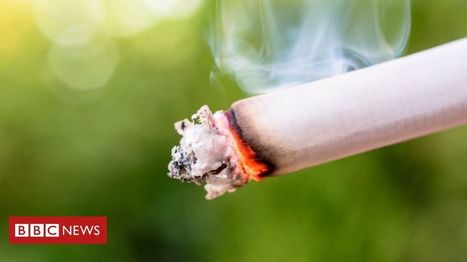

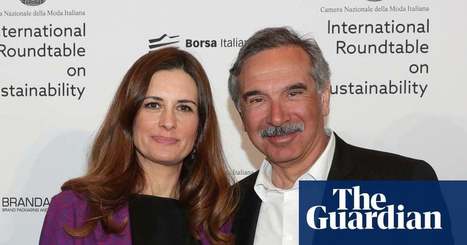
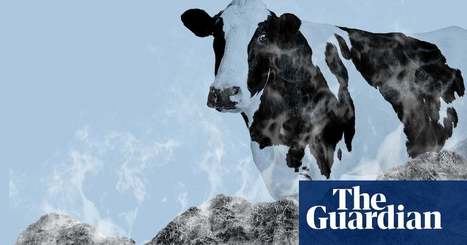
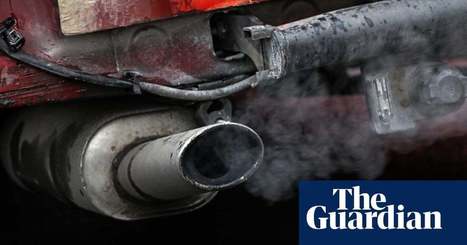
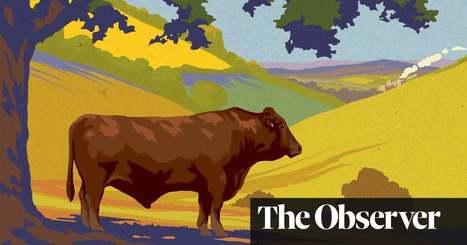



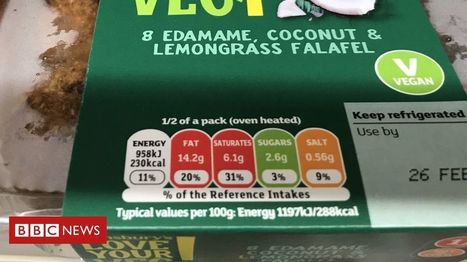




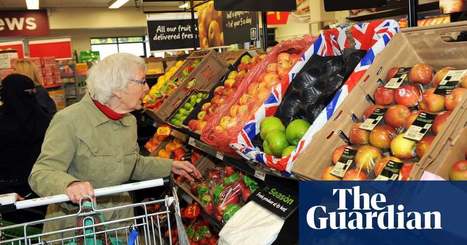

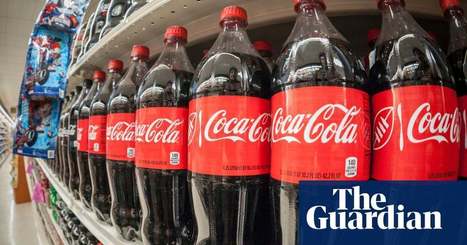


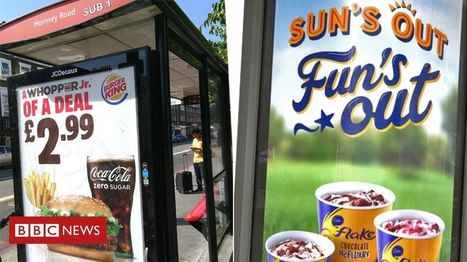

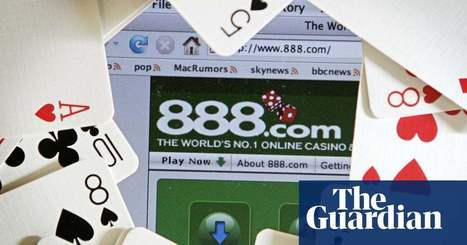





If only I could use emojis in response to this story.
Ho, ho, ho. Two bookmakers have stopped their 'roulette style' games after the Gambling Commission intervened. I suspect they might have been told that their approach isn't doing the industry as a whole any favours.